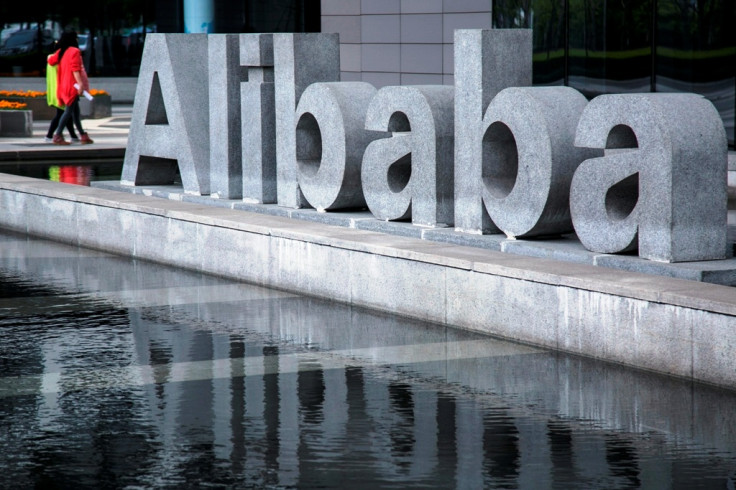Alibaba's Western Business Entrants Face Dizzying Array of Differences

Western retailers eyeing Alibaba's vast market potential – 400 million regular Chinese users – face cultural and practical obstacles when it comes to building customer relationships on the website.
One of the reasons Alibaba was so successful in China is that the company tapped into the way consumers in China preferred to shop and helped them overcome some of their initial fears about buying online.
Some of this relates directly to technology, such as Alibaba's proprietary e-wallet Alipay, then there is the huge import the Chinese place on product reviews and word of mouth. This is combined with the blinding pace with which the Chinese e-commerce market is evolving particularly in respect of mobiles and tablets.
Zia Daniell Wigder, an e-commerce analyst from Forrester, told IBTimes UK: "Early on, Alibaba's C2C site Taobao linked buyers and sellers through online chat, a popular way of communicating. In an e-commerce context, the addition of chat helped buyers get more details on the product being purchased as well as negotiate the price of the product.
"Alibaba has continued on this path toward providing online shoppers in China with key information to help make their purchases. For example, consumer ratings and reviews are of outsized importance in China - Alibaba has cultivated extensive reviews on both Taobao and Tmall to help drive sales."
The widely held consensus among those I spoke with is that the WeChat e-commerce initiative will be a key driver of certain purchases online
Alibaba's Alipay system is an escrow-based payment method in which consumers would not have to release the funds until they had received and inspected the package. These have gone a long way towards alleviating buyers' concerns about purchasing online.
Stefan Schmidt, vice president product strategy at hybris, told IBTimes UK: "The cash on delivery approach of the Chinese market is something we are unaccustomed to. In the UK people expect to make a payment up front but with Alibaba this is paid on delivery – it's great for the customer of course.
"There are occasions when buyers will actually take the object out of its packaging and have look at it before deciding whether to release their funds – they might choose to just give it back to the delivery man."
Schimdt said while it's vital for companies to use Alibaba's B2C website Tmall to drive sales in China - it offers you the infrastructure to directly enter the market – he thinks the likelihood is that the retailer will become subsumed within the sprawling site. The way to try and differentiate is to pay a premium to Alibaba to appear higher on search listings.
"If you put your product on the website you are placed alongside your competitors - and there can be many of exactly the same model at a range of prices," he said.
"You can become a gold vendor and this will place your product higher listed in search but this eats into your margins. You have to weigh up what is the investment/ trade off here."
He adds that while Chinese consumers love luxury goods they don't really want to pay a lot of money for them.
Wigder, who has recently returned from visit to Alibaba's headquarters in China, noted how apps like rival Tencent's WeChat confluence of mobile, social and commerce will be a game changer.
She said: "There was a sense that the despite the massive size of the online retail market in China today (our forecast has it reaching $378bn this year), the dynamics are still shifting. The widely held consensus among those I spoke with is that the WeChat e-commerce initiative will be a key driver of certain purchases online."
It can be used to push promotions and allow people to have conversations about purchases and this seems to work on a massive scale. For instance an online-to-offline initiative offered by Haagen-Dazs was reported to have generated roughly $325,000 per month through its buy-on-Tmall, pick-up-in-store initiative.
Wigder also mentioned the digitisation of the store in China, although retailers are still at an early stage.
"Some retailers are moving toward tablet - or smartphone - enabling their sales associates to provide a better customer experience, but deployment of other in-store technologies such as beacons remains extremely nascent," she said.
Back in the western e-commerce world, what will the effect of Alibaba be? Schimdt said there is something of a re-shoring phenomenon happening; China is no longer as cheap to import from. Alibaba has noticed this and is looking to diversify its platform.
"We think eBay is likely to suffer most from the onward march of Alibaba. We wonder if people in the West will trust Alipay – PayPal will probably take from both sides and stands to benefit," he said.
© Copyright IBTimes 2025. All rights reserved.






















